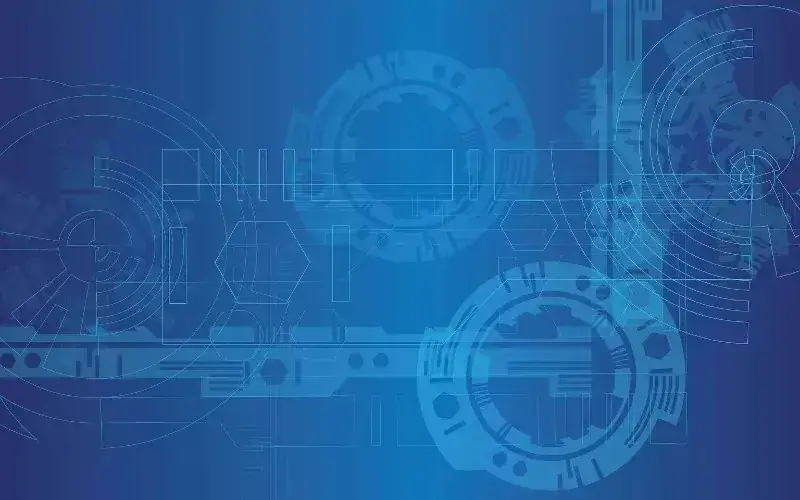A new start-up is introducing a groundbreaking $1,000 service enabling virtual currency investors to secure their crypto passwords in a vial of DNA.
This innovative approach is claimed to be the “safest method of cold storage on the planet,” developed by a team of adept asset managers and biotechnologists. The retrieval process involves sequencing a user’s DNA and decoding the information to access the password, which is then securely sent back to the investor. To date, 28 customers have subscribed to this service.
According to Vishaal Bhuyan, co-founder and CEO, “DNA is the only thing that won’t become obsolete. So the way I look at it, this is a trust or 401(k) that you can allocate some of your assets to and keep for a very, very long period of time.”
Meanwhile, social media giant Facebook is expanding its Watch video-streaming service globally just over a year after its initial launch in the US. This expansion positions Facebook alongside major platforms like YouTube and Netflix, opening new opportunities for content creators and publishers worldwide. Fidji Simo, head of video, stated that the company is broadening its ad breaks programme, thus enabling more partners to monetise their videos.
In a historic move, Rimini FC 1912 football club has reportedly become the world’s first to be purchased using virtual currency. Quantocoin, which employs blockchain technology for alternative crypto-payment solutions, has acquired a 25% stake in the team. Pablo Dana, a Quantocoin partner, indicated that this acquisition is the first of many the Gibraltar-based firm intends to pursue, with ambitions to combat corruption in sports through cryptocurrency.
Iran is reportedly planning to launch its own state-backed national cryptocurrency to counter US-imposed economic sanctions. According to news agency Ibena, transactions will be carried out on a private blockchain, and unlike bitcoin, mining the currency will not be possible.
Additionally, the birth control app Natural Cycles has been directed to withdraw one of its Facebook advertisements following reports of unintended pregnancies among users. The Advertising Standards Authority ruled that the ad misled the public, although the company has stated its respect for the authority’s decision. Launched in 2014, the app markets itself as a natural and clinically tested alternative to other birth control methods, but users have reported pregnancies despite closely following usage instructions.
These updates illustrate the diverse and rapidly evolving landscape of technology and cryptocurrency. From innovative DNA storage solutions to the global expansion of digital services and the intersection of sports and blockchain, the implications are far-reaching and significant.


